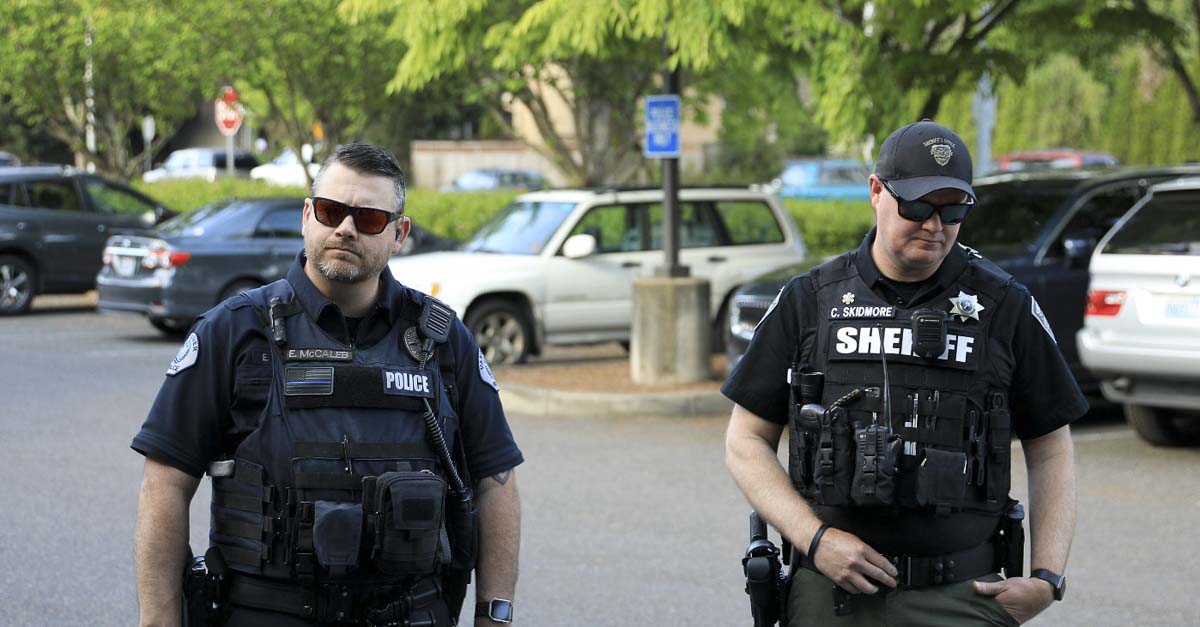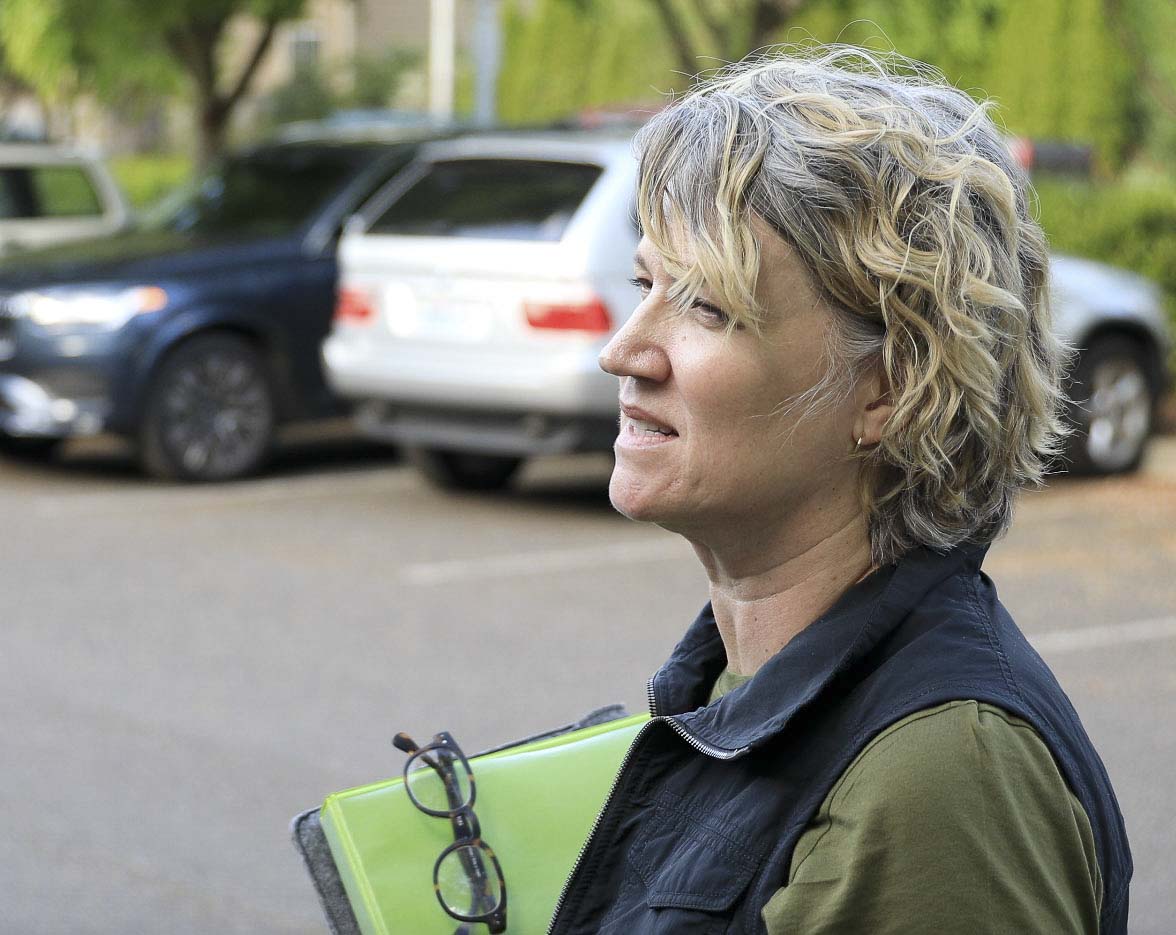Cinco de Mayo and state ‘reopening’ see added patrols from multi-agency team
CLARK COUNTY — Every year on certain nights, law enforcement in the state of Washington implement extra patrols with the specific purpose of discouraging drunk and reckless driving. The program is made possible by Target Zero.
This year, Cinco de Mayo and the pseudo day of “reopening” some activities in Washington during the coronavirus pandemic coincided, and were selected by the state organization as a night for extra patrols.

“Since this is your first one back, I’m trusting your anecdotal evidence of where you should be, where you want to go,” said Target Zero Region Six Manager, Hilary Torres at the May 5 briefing. “Three contacts per hour is still in place. I think of a contact as an educational moment. Starting there, that’s the minimum.”
Target Zero, which is a state program with the goal of eliminating traffic related fatalities in Washington by the year 2030, funds the added patrols directly by assembling a multi-agency task force to implement the patrols.
In the case of this week’s event, that task force included officers from Vancouver Police Department, Camas Police Department, and the Clark County Sheriff’s Office (CCSO).
“The DUI emphasis patrol concept from the Target Zero task force is a statistics-based enforcement approach,” said Sgt. Alex Schoening with CCSO. “For those of you who have heard of night of 1,000 stars, for example, that’s the annual holiday DUI emphasis kickoff. The week or so before Christmas, all the way through into New Year’s. St. Patrick’s Day, we’ve done emphasis patrols at Superbowl Sunday. Ironically, that’s a day that a lot of people consume alcohol and drive. Then today, for example, Cinco de Mayo.”
On the night of May 5, the patrols made 136 contacts, wrote 44 citations, issued 40 warnings, made 20 non-DUI arrests, and made 4 DUI arrests.

This launch of another patrol emphasis night comes at an unusual time for traffic law enforcement, with the ongoing COVID-19 situation. Many agencies across Washington have remained on what is called a reduced contact protocol. In essence, it allows officers to judge whether a specific occurrence can be handled remotely or if it warrants engagement at all, factoring in the added risk of viral exposure.
That being said, Target Zero’s efforts are still operating within an awareness COVID-19.
“In conducting traffic enforcement, there wouldn’t be any change. We observe a violation. We make a traffic stop. We contact somebody,” Schoening said. “Typically law enforcement officers have a larger personal space just for our own safety, COVID aside, and none of that would change.
“I think where some of the pandemic issues might come into play is if we get into a situation where we have to put hands on somebody or they have obvious medical problems or if we’re doing breathalyzer tests in a confined space. We would be wearing a mask and taking precautions.”
The arrangement between Target Zero and the agencies that execute the patrols is akin to that of an independent contractor, Schoening said. The only difference is in this case it is one public entity paying another, he said.

Officers and deputies that participate in the patrols are not taken away from their normal duties within the realm of enforcement of the law. They are compensated for the patrols in addition to their normal pay through Target Zero funding.
“I’m so impressed with our law enforcement and I am so privileged to get to support them as the Target Zero manager,” Torres said. “We address some big issues, impaired driving, distracted driving, and we also address occupant safety. I categorize them all because different sources of money fund them, but at the end of the day, it’s about people getting from point A to point B safely.”




